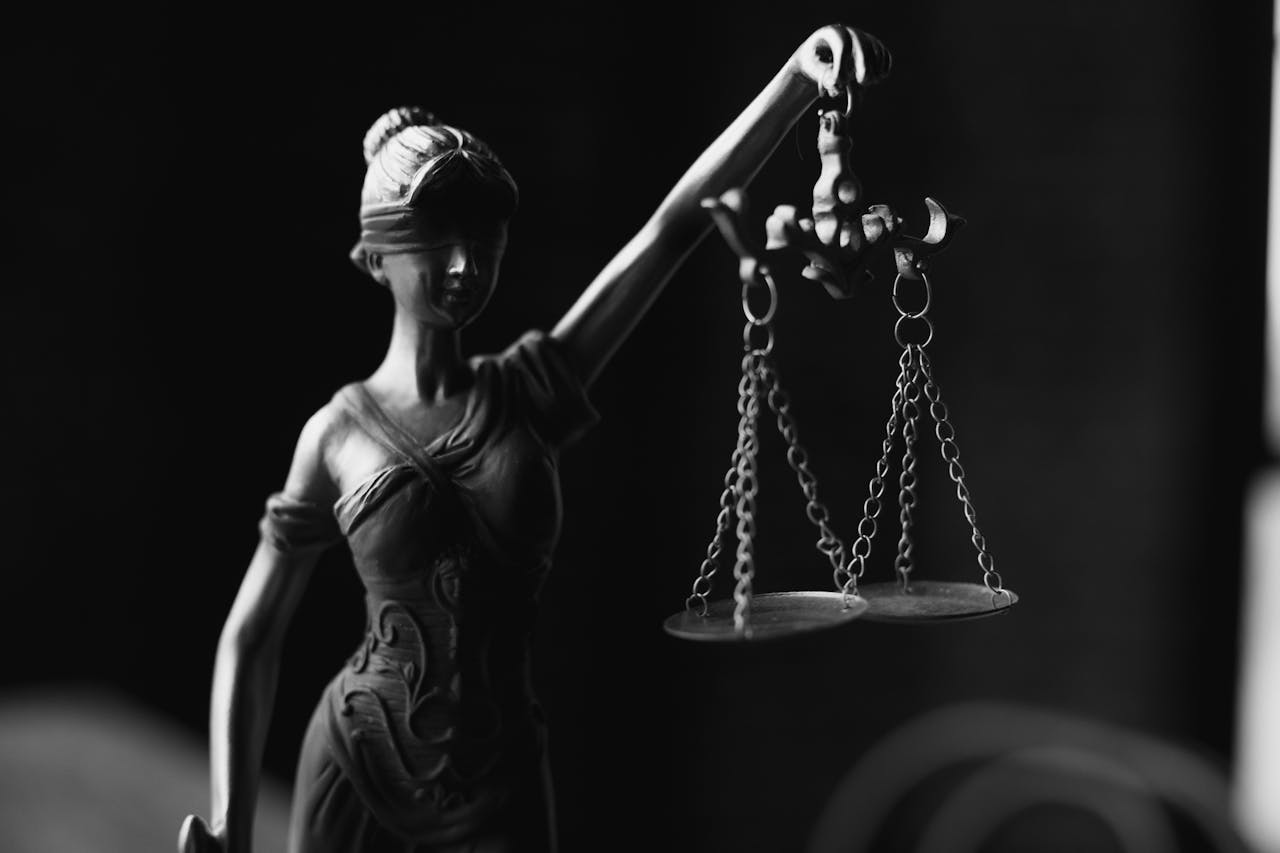
October 27, 2024
Civil Rights Activists Get Arrests Expunged 64 Years After Historic South Carolina Sit-In
A judge signed an order only a few blocks from where the group was arrested.
On Oct. 25, Simon Bouie and six others had their arrest records expunged more than 60 years after they staged a sit-in in a Columbia, South Carolina, lunch counter that was designated as whites-only.
According to The Associated Press, a judge signed an order only a few blocks from where the group was arrested.
Before he left to join the protest, Bouie assured his mother that he would not get himself into trouble and he kept that promise in mind as he and the other activists sat at the Eckerd Drug Store counter.
“We had a desire to fight for what was right and nobody could turn us around. We walked in that building with our heads held high and sat down,” Bouie told the AP.
Although South Carolina is not the genesis of the practice of the sit-in during the Civil Rights Movement—that honor belongs to Greensboro, North Carolina—Bouie and company’s sit-in helped to change laws in South Carolina, and more broadly, the Jim Crow South.
Of the seven men arrested during the two days of protesting, only Bouie and Charles Barr are alive to see their records expunged.
The other five men, David Carter, Johnny Clark, Richard Counts, Milton Greene, and Talmadge Neal, were represented at the table by white roses.
“It made me feel good we were a part of this movement that had helped to make everything easier for everyone to get along a little better in South Carolina,” Barr told the AP.
According to University of South Carolina professor Bobby Donaldson, the five men who died before they could see justice cared more about creating a better world than their freedom.
“In 1960, they were victimized. Today, they are vindicated. In 1960, they were prosecuted. Today, they are praised. In 1960, they were convicted. Today, they are exonerated,” Donaldson said.
Although the men had their convictions thrown out by the Supreme Court a few days before the Civil Rights Act of 1964 was signed into law, their arrests stayed on their records.
According to Solicitor Byron Gipson, who handled the paperwork that investigated the arrests and got the expungements before a judge, the men are heroes.
“These men stood bravely—sat bravely, quite frankly—in the face of adversity, in the face of threats, in the face of death. They did it because they wanted to guarantee the Constitution applied to all Americans,” Gipson said at the ceremony.
Judge Robert Hood, who signed the order, took the papers from Gipson and issued his own statement to the 150 attendees in the packed courtroom.
“These heroes stood firm against oppression often at great personal cost. They dared to dream of a world where equality is not an aspiration, but a reality,” Hood said. “Their unwavering commitment to justice serves as a beacon of hope and inspiration to us all.”
RELATED CONTENT: New Orleans Commemorates Life Of Civil Rights Activist Sybil Haydel Morial